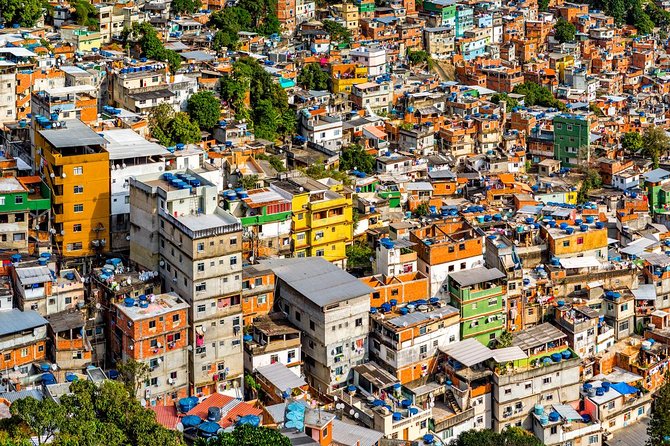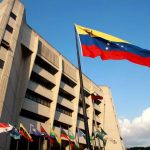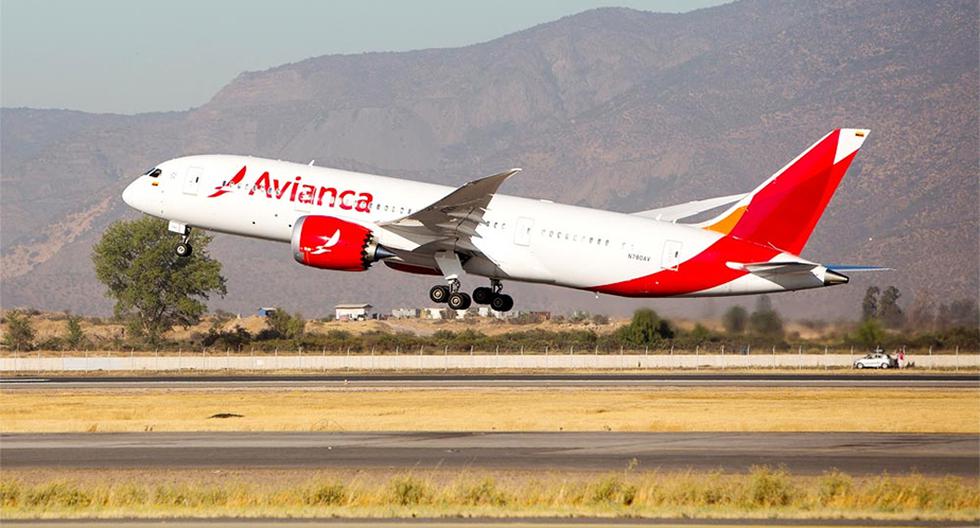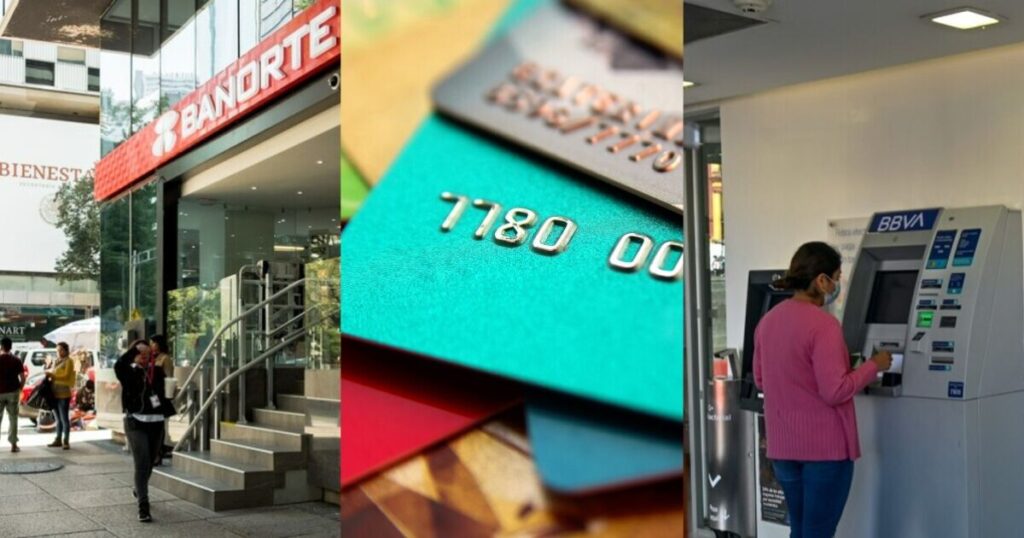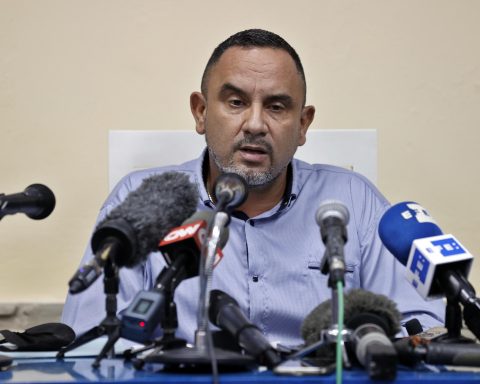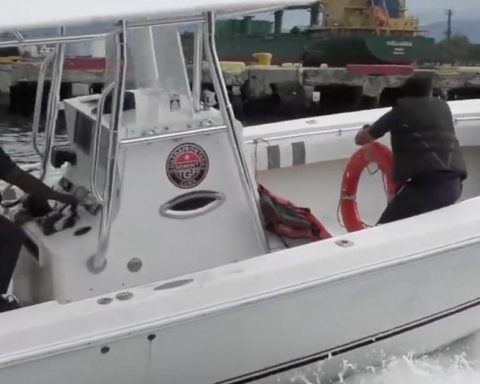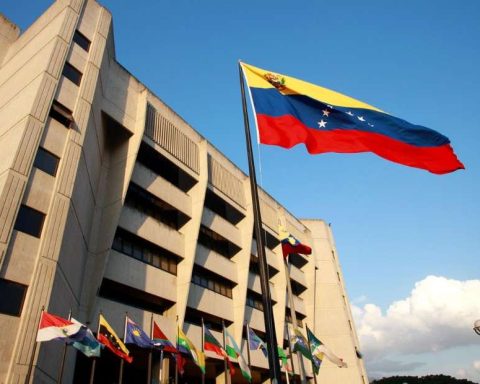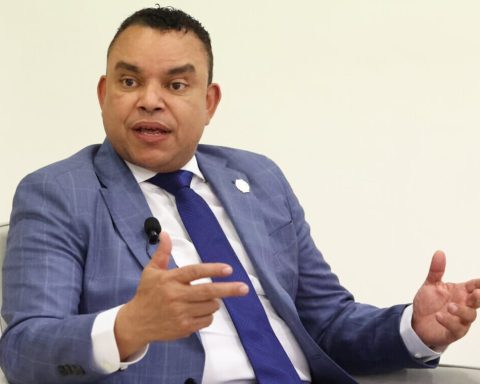Interior Minister Luis Alberto Heber said on Wednesday that “police efforts are going to be redoubled in the fight, without backing down an inch” after meeting with President Luis Lacalle Pou.
Heber asked the president to include in the budget an item to increase police positions, “more vehicles and some more drug prosecutors” to deal with the violence resulting from “the confrontation of drug gangs.”
The minister affirmed that Lacalle Pou supported his plan, which he did not detail.
At the end of April, Montevideo experienced one of its most macabre episodes.
First a torso, then a head and later limbs, all from the same person, appeared in different parts of the city in just over a week.
The situation in the country worsened in the last week and a half, a period in which 14 bodies have been found. The last four, between Tuesday and Wednesday, in the Montevidean neighborhood of Peñarol. Three of the corpses were charred and one of them was also dismembered; a level of violence unknown in Uruguay.
For the opposition, Heber “is not measuring up,” Senator Enrique Rubio from the opposition Broad Front said on local television.
– Increase in homicides –
The sociologist and researcher Leonardo Mendiondo estimated that the measures to strengthen the police and increase patrols will not serve to stop the crime of drug trafficking.
“This is not solved with more police and more vehicles, but rather a greater understanding of crimes through the investigation of the modalities of crimes (…) more heavy-handedness and more repression will not help us get out of where we are,” he told the AFP.
For Mendiondo the problem is not new, but has been cooking for decades. Although it has been in recent years that the number of violent deaths in the country has suffered a sustained increase.
In 2014, 268 homicides were registered, while in 2018 and 2019 they were around 420 and 393, an upward trend that only the coronavirus pandemic could stop: in 2020 and 2021 the figure dropped to 338 and 300.
But in the first quarter of this year there were 96 homicides, 33% more than in the same period of 2021 and a figure that marks a trend that, if it continues, would set an annual record for homicides in the country.
This increase in violent deaths goes hand in hand with the change in the role played by Uruguay in the world drug trafficking market. The country has become in recent years a transit territory for cocaine traveling from South America to Europe and Africa, according to the international organization Insight Crime.
In June 2021, the Spanish authorities seized a ton of cocaine that arrived in a container from Montevideo. While two years earlier German customs found 4.5 tons of drugs from the South American country.
